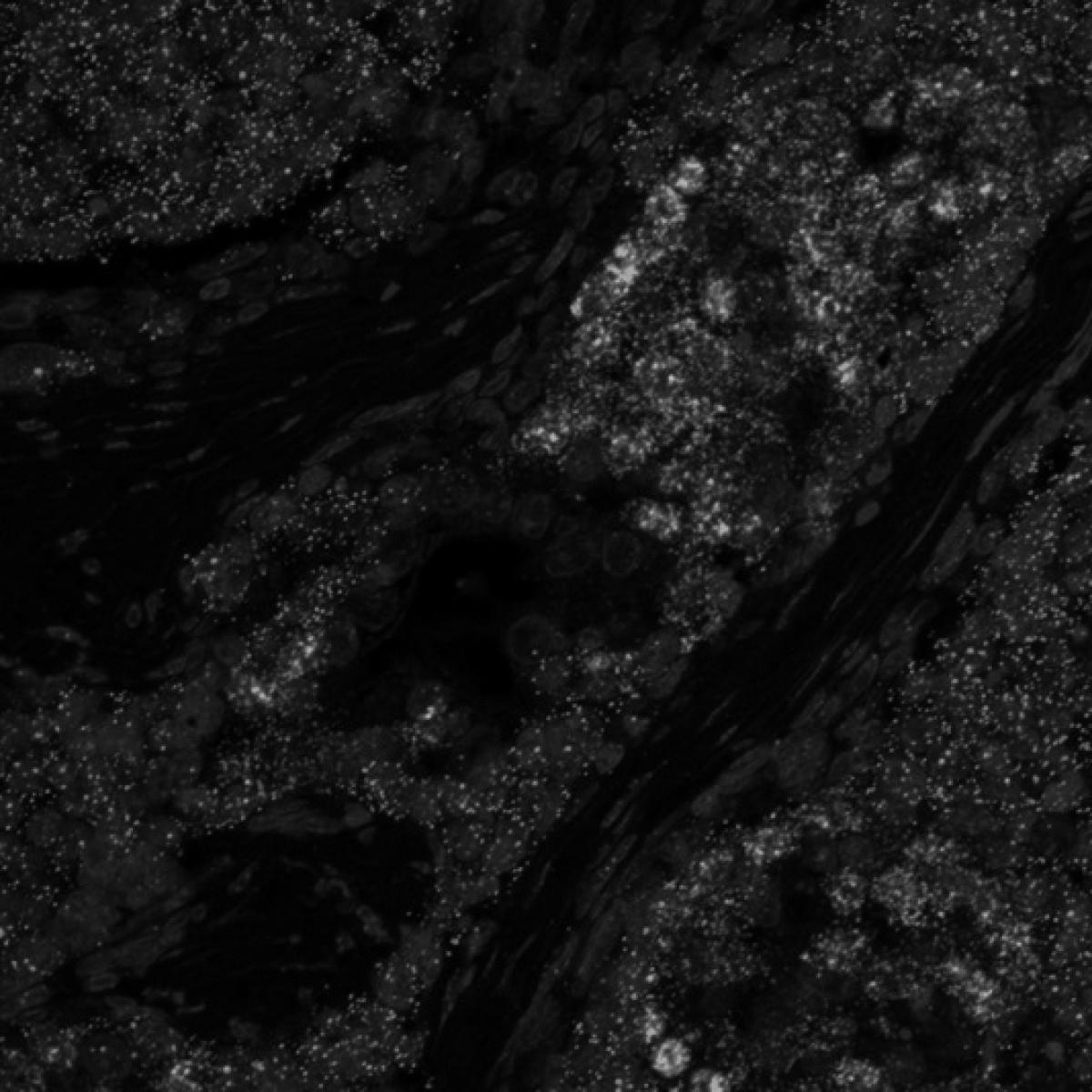Classes & Clubs

As a world leader in the field of stem cell research, UCLA offers students a host of classes focused on this topic, many of which are taught by center faculty.
Descriptions of these courses are provided below. For details and enrollment information, as well as a full list of stem cell-related courses at UCLA, visit the Registrar’s Office.
Graduate Courses
Stem Cell Biology and Regenerative Medicine (MCD BIO 272; graduate level)
Completion of course is required of the graduate students, post-doctoral scholars and clinical fellows enrolled in our Stem Cell Training Program. Topics covered include current knowledge of embryonic, adult and induced pluripotent stem cells and the factors that regulate their growth and development. A major area of focus is how advances in cell and molecular biology and tissue engineering can be applied to the use of stem cells in regenerative medicine. In addition to these topics, students will be introduced to the bioethical, regulatory and legal issues related to stem cell research.
Contact: William Lowry, Professor, Molecular, Cell and Developmental Biology (blowry@mcdb.ucla.edu)
Undergraduate Courses
Stem Cell Biology (MCD BIO 168)
This course provides students with foundational knowledge about embryonic, adult and induced pluripotent stem cells and how these pluripotent/multipotent cells can be used to treat congenital defects, diseases or injuries in humans. Topics covered include current knowledge of human and mouse embryonic stem cells and how they develop into various tissue types. Adult stem cells in hematopoietic, nervous and other organ systems are discussed as examples of tissue-specific stem cells and their impact on human disease. Various model organisms are examined as vehicles for the discovery of fundamental principles in stem cell biology. Additional areas of focus include how advances in cell and molecular biology and tissue engineering can be applied to use of stem cells in regenerative medicine. Ethical and legal issues related to stem cell research as well as the biomedical and ethical issues related to this field.
Human Stem Cells and Medicine (MCD BIO 90)
Stem cells have potential to revolutionize how medicine is practiced today. Some stem cell therapies are already used successfully to treat thousands of people worldwide. Other stem cell therapies are considered experimental; these treatments must be monitored by the U.S. Food and Drug Administration to ensure safety and efficacy. Some stem cell therapies are offered without oversight and with minimal scientific justification, relying on hope and hype rather than scientific fact. This course explores the use of stem cells in modern medicine and examines the science behind some of today's most famous and infamous stem cell medical applications.
Stem Cell Biology, Politics and Ethics: Teasing Apart Issues ( MCD BIO 50)
Students will explore the developmental biology of human stem cells. The course provides foundational knowledge about the functional differences of embryonic, hematopoietic and adult stem cells, as well as differences in their biomedical potential. Topics covered include the history of the debate surrounding embryonic stem cells as well as various ethical, political and economic aspects of stem cell research.
Stem Cell Club
The Stem Cell Club is a venue for researchers and students to share information about the science of stem cells. There are no currently scheduled meetings — check back in for information about future stem cell club meetings.
